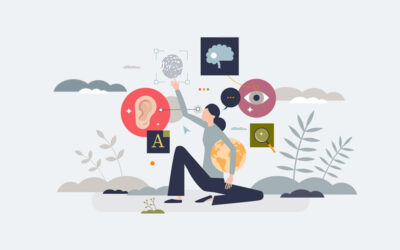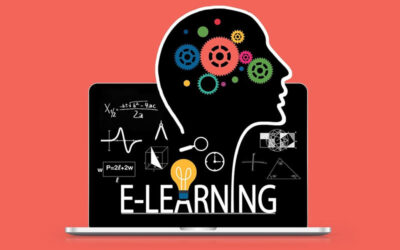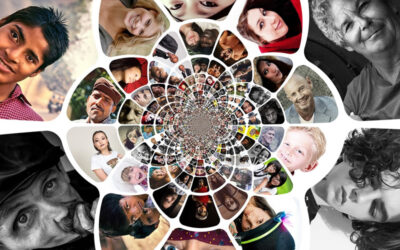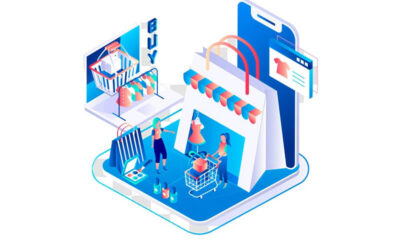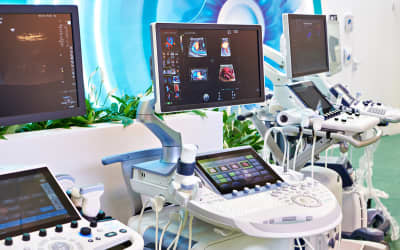It’s crucial to ensure that our e-learning platforms are inclusive and accessible to all, regardless of language, location, or disability. This is where the strategic roles of translation, localization, and adherence to accessibility guidelines come into play.
Adapting E-Learning Content for Global Markets: The Key to Success
Adapting e-learning content for global markets requires a very specific skillset. Here are the keys to success.
The Art of Subtitles: Enhancing E-Learning Videos for a Multilingual Audience
By adding subtitles to e-learning videos in multiple languages, educators can enhance comprehension, promote inclusivity, and accommodate learners with varying language proficiencies. Our article will explore the numerous benefits of properly employing subtitling as a powerful localization technique in e-learning.
In Life Sciences Translations, Does Agency Size Matter?
For a life sciences company choosing a translation provider, does the size of the agency matter? Absolutely! Let’s cover the basics on what size translation agency is a good fit for your project.
Mastering the Art of Translating Product Descriptions for E-commerce Localization
In the global e-commerce landscape, the ability to communicate effectively with customers in their native language is a game-changer. One of the most critical aspects of this communication is the translation of product descriptions. A well-translated product description can be the difference between a sale and a missed opportunity.
E-Commerce Localization: Unlocking Global Markets for Online Businesses
In the era of digital globalization, e-commerce businesses are increasingly looking to expand their reach beyond domestic borders. However, to truly resonate with international customers, it’s not enough to simply translate your website into different languages. This is where e-commerce localization comes into play.
How to Ensure Your e-Learning and Training Budget Isn’t Lost in Translation
You can create engaging and effective learning experiences for audiences from different language and cultural backgrounds and optimize your e-Learning and Training Budget.
Medical Device Translation – Scientific or Technical Background Required
Given the technical nature of medical device translations, it is essential that translators have a scientific or technical background. Accuracy in medical device translations is crucial for patient safety, and linguists cannot accurately translate what they don’t fully understand.

